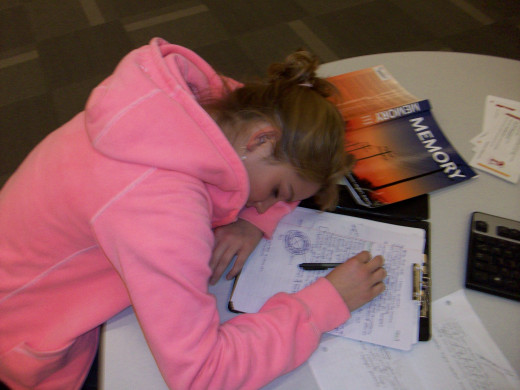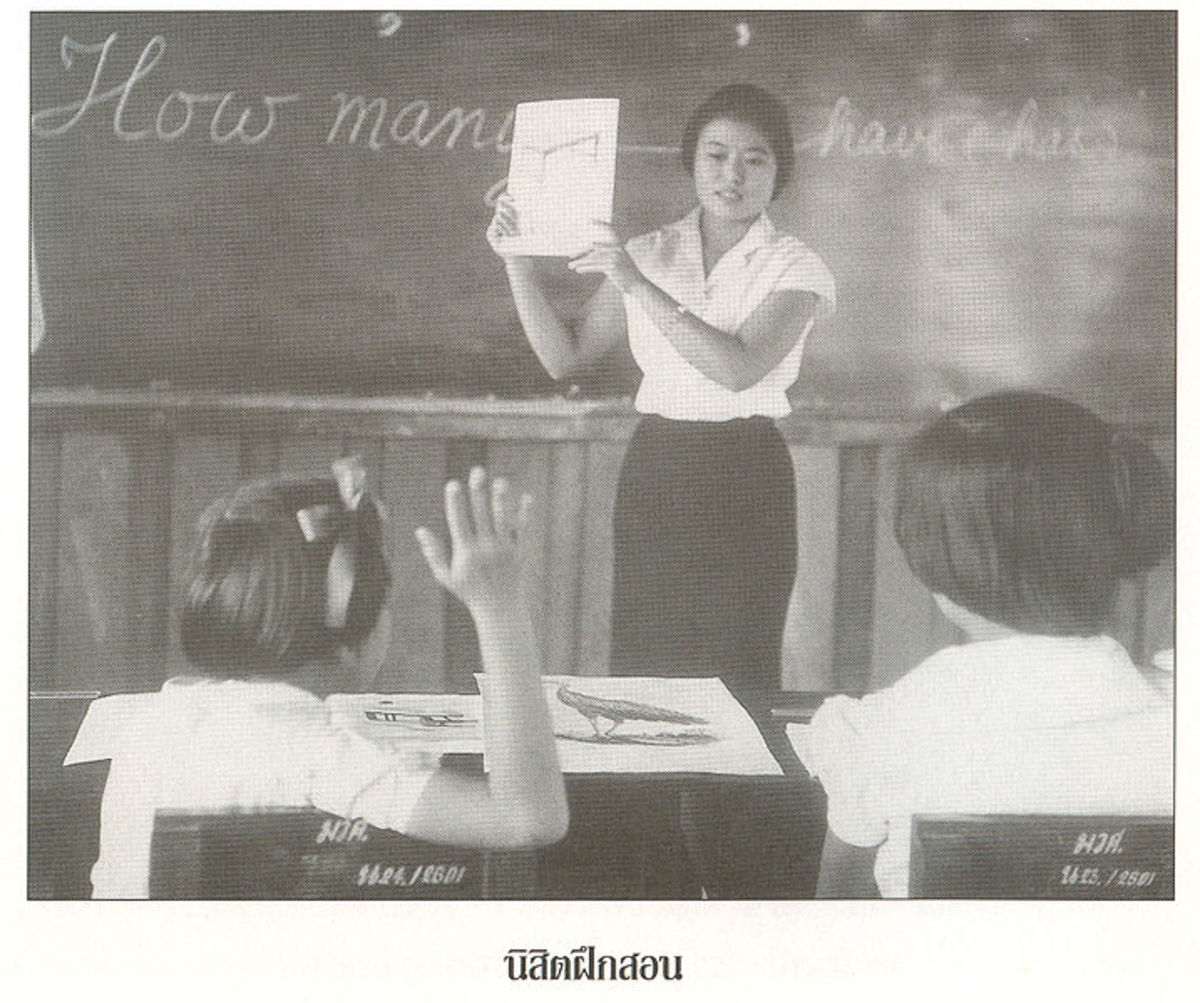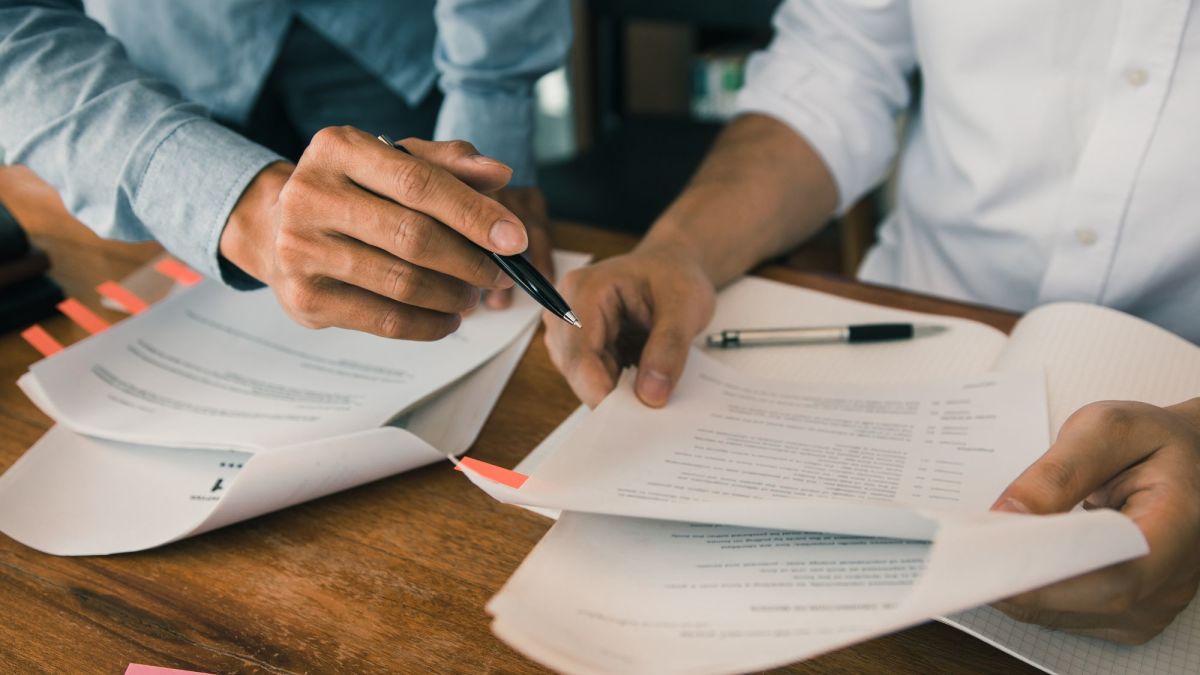Learning How To Study Effectively

Knowing how to study effectively is a key part of our educational experience. Unfortunately for many of us, no one ever “taught” us how to study and, in turn, we have missed opportunities to do better in school. Luckily, there are many tricks that can be implemented to boost your memory and help you achieve the grades you always wanted. These tricks are known as mnemonic devices, and they will change the way you process information.
What Is A Mnemonic Device?
Mnemonic devices (or codes) are tricks that one can use to boost their short term memory and furthermore strengthen those new memories into more permanent ones. The concept is simple; we must find a way to associate new information with information previously learned. This coupled with a simple visualization of what you are learning will help you remember the information much more effectively than repetition alone.
Rehearsal And Meaningfulness
One thing to keep in mind before we explore these tricks is that repetition (or rehearsal) is still one of the most effective ways to learn information. Why do you know who the first President of The United States was? Is it because you studied it? No, it’s because you’ve heard it so many times it has essentially been rehearsed for you.
Yet, something as simple as the details of a penny are mostly forgotten. Why is that, for pennies have been part of our lives since we were small children? We all know what a penny is because we’ve seen it so many times (rehearsal), but the details are not meaningful enough for us to remember. What is meaningful about the penny is the size, color, and shape of it. We only rmember what is meaningful to us, so you must always try to find a way to make what you are learning important to you personality (even if you don’t think it is!).
We also need to keep in mind that some problems can arise if we don’t rehearse properly. The first such problem is illustrated in the concept known as The spacing Effect. If we do not space out our rehearsal, we do not remember as well. Cramming for a test is simply no good. Your memory gets overwhelmed when we cram. Plan to study a few days ahead of time, this will put you in a much better position to succeed. Plus, it is far less stressful!
Something else to consider when you are rehearsing your material is The Serial Position Effect. Simply put, you tend to remember the first and last items of a list and the middle tends to get lost in the shuffle. So, do yourself a favor: look at your notes forwards, then backwards, and then shuffle.

You may also enjoy these other Psychology related articles:
- Examples of The Bystander Effect
The Bystander Effect is a tragic, yet real, part of the human experience. Why do we not help others when they may or may not be in trouble? Video examples of this very interesting psychological concept are provided. - Taking Memory For Granted: The Strange Case of Clive Wearing
Have you ever been frustrated that you can't remember something? This is a common occurance for most humans, yet it's easy to forget how much we take memory for granted. Clive Wearing, the man with no short term memory gives us a glimpse into how imp
Tricks To The Trade
Implementing these mnemonic tricks into your study habits will greatly increase your possibilities for success:
The Keyword Method
This method is effective when learning new vocabulary. When you are exposed to a new word, what is it that you “key” in on that reminds of you something you already know? For example, if you are learning the psychology term Amygdala, what do you first see when you look at that word? Most people answer “Amy”, a name that most of us are familiar with. The next step is to visualize a person you know named “Amy”. This can be a personal friend, a fictional character, or a celebrity; it does not matter as long as you can visualize them. Next, you need to associate them with the definition of the vocabulary word you are trying to learn. In this case, the Amygdala is the part of the brain the deals with anger and aggression. So, picture your “Amy” getting mad, and you will never forgot what that brain part does on your next Psych test or perhaps, for the rest of your life.
The Method of Loci
Developed by orators in ancient Greece, this method is effective for remembering a lot of information in a specific order. For example, many science classes require you to memorize an incredible amount of information; an example would be learning all of the bones of the body (yes, including those little ones in the ear).
The process if fairly simple: think of a route that you travel on a regular basis. Many choose their home to their place of work (or school). Think a spots along that route that you can visualize in order. They can be anything: stopsigns, businesses, even a puddle in the road that is always there, it doesn’t matter as long as you can clearly visualize them in the correct order. Take the information you are trying to learn and then, as ridicualous as it may seem, visualize the two items together. Let’s look at an example:
Your mother calls you up and asks you to get the following items from the grocery store, but you do not have a pen to write them down. Using the Method of Loci would be an effective way to remember the list. I have personally seen students memorize up to 60 items on a grocery list using this method.
Method of Loci Example
Item to Remember
| Location on "route"
| Mental Visual Representation of Item
|
|---|---|---|
Bread
| Getting in my car
| Getting into a car that looks like a loaf of bread
|
Butter
| Mailbox
| Stick of butter hanging out of mailbox
|
Eggs
| Stop sign
| Stop sign egged by teenagers
|
Milk
| Coffee Shop
| Stopping to get a coffee with too much milk in it
|
Cheese
| Gas Station
| Gas pumps shaped like cheese
|

There are more mnemonics you can employ, but these two are the most effective for the average student in high school or college to use. If you space out your studying, use visualization, and associate new items with items you already know, you will have a distinct advantage over those students who are just trying to cram the night before the test.
Do you use mnemonics?
Do you use any of these tricks when studying and/or remembering things?
Stay updated!
- Boulism RSS Feed
If you'd like to know when I post new articles, subscribe to my RSS feed. Thanks for reading!








